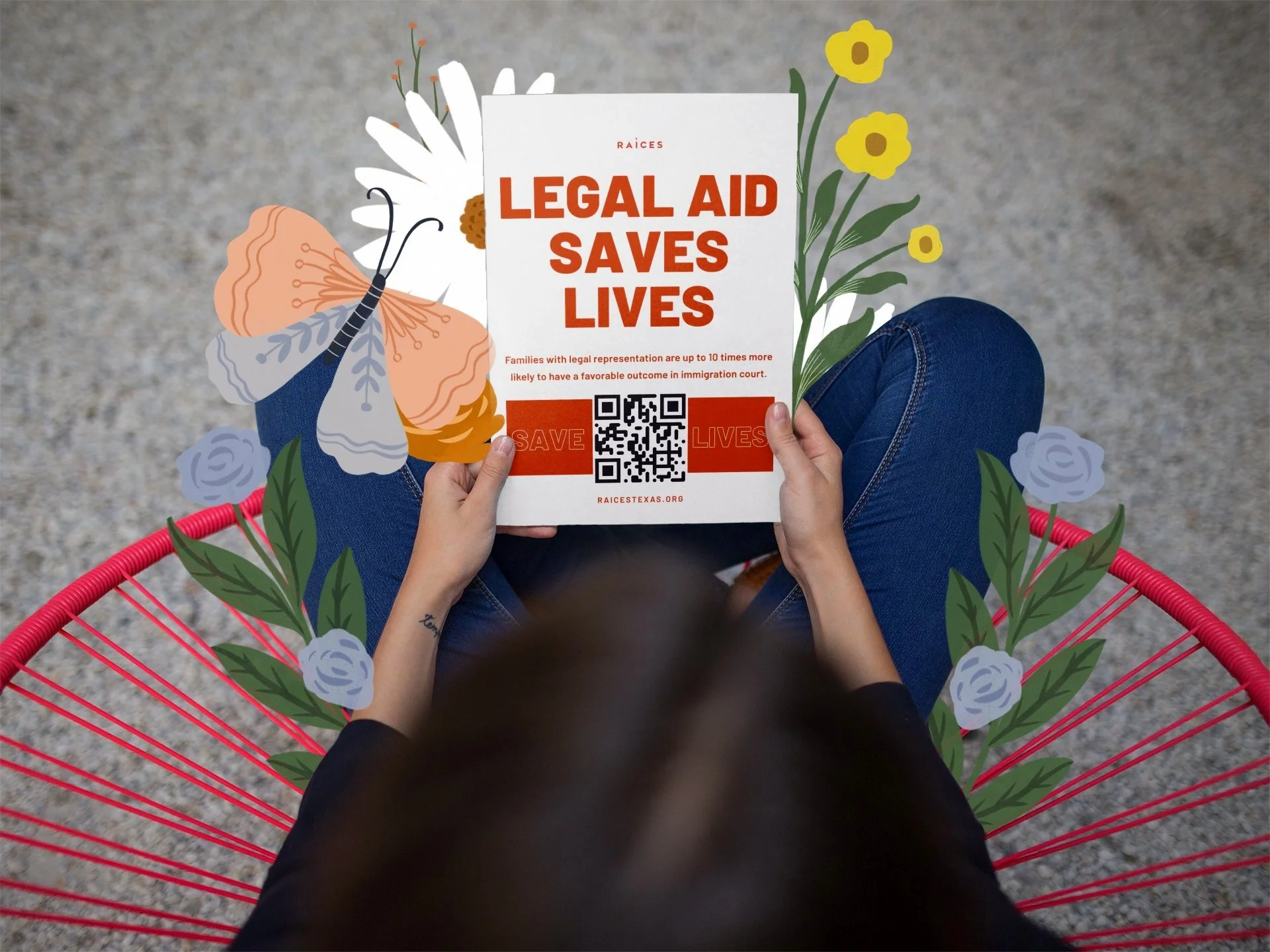Tidbits of Experience: Lessons, Stories, and Insights from Everyday Life

Introduction: Why Life’s Small Lessons Matter
Tidbits of Experience Life rarely delivers wisdom in a single, grand revelation. Instead, it sprinkles insights through tiny, often unexpected encounters—what we might call tidbits of experience. These are those small but meaningful moments that nudge us to think differently or teach us something profound without our even realizing it at first. Whether it’s a brief conversation with a stranger, a quiet failure in our personal projects, or the simple joy of a routine morning walk, these fragments shape our character far more than we often give them credit for.
Experts in psychology often emphasize that our brains remember emotionally charged “micro-moments” more vividly than long lectures or formal lessons. That’s because tidbits of experience feel personal; they stick because they touch something deeper in us. The cup of coffee shared with a mentor can teach you more about leadership than an entire semester of management courses. A single afternoon lost in nature can reframe your understanding of balance and mindfulness. These aren’t just passing moments; they’re the real curriculum of life.
In this article, we’ll explore how these seemingly small encounters add up to significant personal growth. From the lessons learned through failure and success to the wisdom we glean from relationships, we’ll unpack why these Tidbits of experiences deserve more attention—and how you can start noticing them in your own journey.
The Hidden Power of Everyday Encounters

When people talk about gaining Tidbits of“experience,” they often imagine big milestones: graduating from college, getting promoted, or traveling the world. But some of the most transformative insights don’t come from headline moments; they come from the quiet, everyday interactions that most people overlook. That barista who remembers your name after just one visit? That’s not just good customer service—it’s a small lesson in the power of making others feel seen.
Consider how often we learn from someone we barely know. A five-minute chat with a taxi driver might change how you view persistence or cultural diversity. These tidbits of experience are often fleeting, yet they plant ideas that can influence your decisions for years. They remind us that wisdom isn’t locked away in books or classrooms; it’s alive and scattered across daily life, waiting to be noticed.
In fact, researchers studying “micro-learning” argue that small, repeated Tidbits of experiences often have a more lasting impact than single, large events. Our brains are wired to absorb small doses of insight better than long, drawn-out lessons. Each interaction becomes a tiny data point, building a larger mosaic of understanding over time. By treating these everyday encounters as opportunities for growth, we can transform ordinary moments into lifelong lessons.
Learning Through Failure: The Unpolished Gems
Failure has an unfair reputation. Most people dread it, but anyone who’s been through a few setbacks knows it often hides the most valuable tidbits of experience. Think about the first time you tried something ambitious—maybe starting a side hustle, auditioning for a role, or leading a team—and fell flat. That sting of disappointment wasn’t just pain; it was education.
When you fail, you learn what doesn’t work, which is often more useful than knowing what does. These hard-won lessons are like unpolished gems—rough on the outside but brilliant when you finally recognize their value. Maybe you discovered that your communication style needs tweaking, or that patience really is a skill, not just a virtue. Such realizations rarely come from success, which can sometimes mask underlying weaknesses.
Moreover, failure forces reflection. It slows you down long enough to analyze your approach and reframe your goals. The Tidbits of experience becomes a story you tell yourself: a cautionary tale, a source of resilience, or even a badge of honor. Over time, these failures stop feeling like personal defeats and start resembling stepping stones—essential pieces in the puzzle of your personal growth.
Relationships as Living Classrooms
Human relationships are perhaps the richest source of tidbits of experience. Every friendship, partnership, or casual acquaintance carries lessons that no self-help book can replicate. Your closest friends might teach you about loyalty and empathy, while a challenging colleague can sharpen your patience and diplomacy. Even fleeting connections—like someone you meet on a short trip—can leave lasting impressions that broaden your worldview.
Relationships test and refine our emotional intelligence. You learn when to listen and when to speak up, how to navigate conflict without burning bridges, and the subtle art of compromise. These lessons aren’t abstract theories; they are lived Tidbits of experiences that shape how you show up in the world. They teach you that influence isn’t always about authority—it’s often about understanding people’s needs and perspectives.
Interestingly, relationships also reveal patterns in our own behavior. How we respond to others reflects our deeper values and insecurities. A single conversation with a loved one can reveal habits of defensiveness or generosity that we never noticed before. By paying attention to these moments, we gain insights not only into others but into ourselves—insights that fuel both personal and professional growth.
Turning Routine into Revelation
It’s tempting to believe that life’s most valuable experiences require grand adventures. But some of the most enlightening tidbits of experience are hidden in plain sight—in our routines. Take something as simple as a morning walk. At first glance, it’s just exercise. But on a deeper level, it teaches consistency, patience, and an appreciation for the subtle changes in your environment over time.
Cooking a familiar recipe can offer a similar lesson. The rhythm of chopping vegetables and adjusting flavors sharpens your ability to focus on details and embrace creativity within structure. These small acts remind us that meaning doesn’t always come from dramatic events; it often emerges from the quiet rhythm of daily life.
Even mundane tasks—like organizing a cluttered room—can hold unexpected wisdom. You learn to let go of what no longer serves you, to prioritize what truly matters, and to find calm in order. These micro-moments train your mind to see value where others might see only routine. In doing so, they turn ordinary life into a never-ending source of insight.
Capturing and Reflecting on Your Experiences
Noticing tidbits of experience is one thing; preserving their lessons is another. Reflection is key. Many people find that journaling is a powerful way to capture insights before they fade. Writing down small daily moments—like an unexpected compliment or a challenge you overcame—helps solidify those lessons in your memory.
You don’t have to be a writer to benefit from this practice. Even a few bullet points can transform fleeting experiences into lasting wisdom. Over time, these notes become a personal archive of growth. When you revisit them months or years later, you’ll be surprised at how much your perspective has evolved—and how many insights you might have forgotten without this habit.
Some people also use photographs, voice memos, or even simple mental check-ins as tools for reflection. The medium doesn’t matter as much as the intention. The goal is to pause long enough to recognize the wisdom hidden in the moment, so that you can carry it forward into the next chapter of your life.
Embracing the Journey of Micro-Lessons
Ultimately, tidbits of experience remind us that growth is not a single, linear journey but a collection of micro-lessons gathered along the way. These moments may seem small, but together they form a powerful narrative of who we are becoming. The trick is to stay curious and present, to treat each encounter—no matter how ordinary—as a potential teacher.
When you embrace this mindset, life itself becomes a living classroom. Successes and failures, relationships and routines, all start to look like pieces of a grander puzzle. You begin to see that wisdom isn’t something you acquire at the end of the road—it’s something you collect, piece by piece, in the everyday.
So the next time you’re tempted to dismiss a moment as unimportant, pause. Ask yourself what it might be teaching you. Those tiny fragments of insight—the tidbits of experience—are often the very building blocks of a wiser, more meaningful life.



